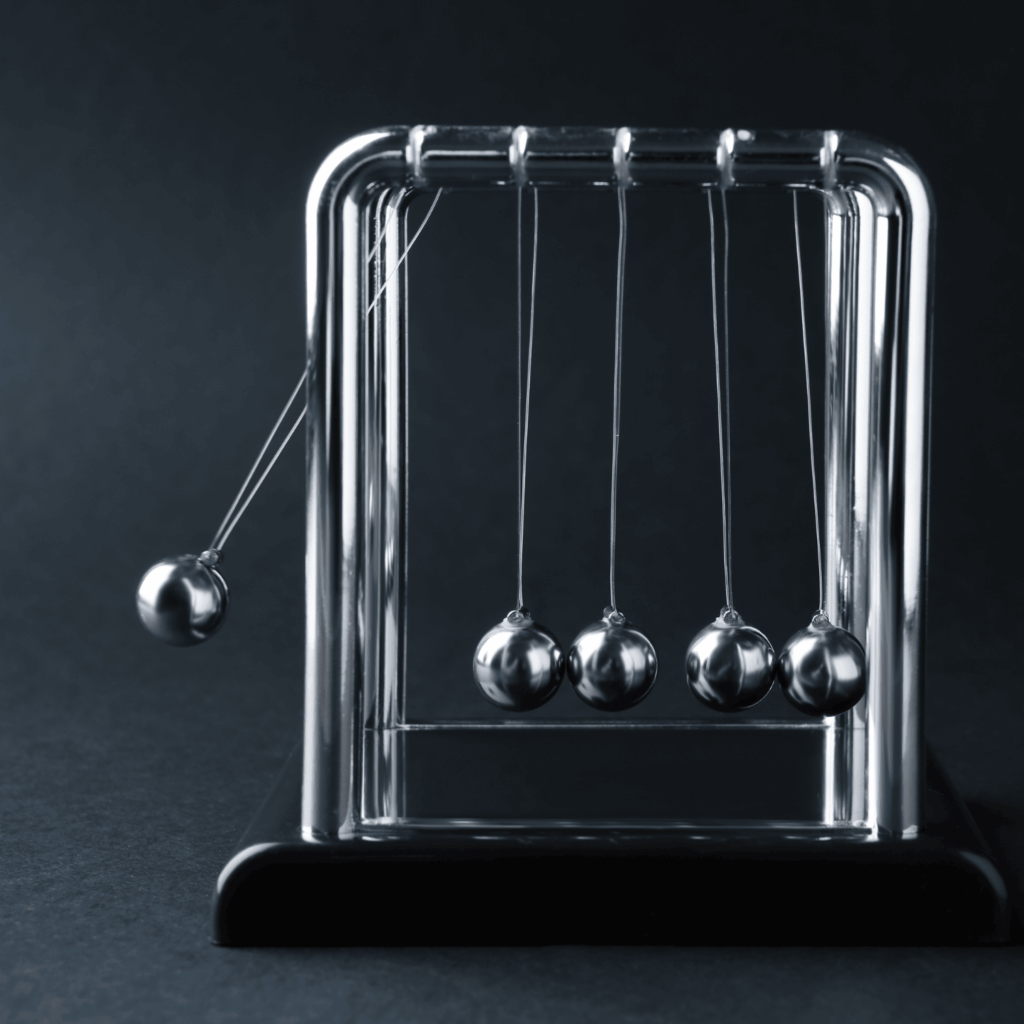Success isn’t accidental; it’s cultivated through intentional habits and actions. At the heart of any significant achievement lies a well-structured routine. A routine not only brings discipline but also optimizes your energy and focus, ensuring steady progress toward your goals. Building a routine for success isn’t about rigid schedules; it’s about designing a framework that supports your aspirations and aligns with your values.

As Hal Elrod, author of “The Miracle Morning”, once said, “How you wake up each day and your morning routine dramatically affects your levels of success in every single area of your life.” Let’s dive into how routines can be your stepping stones to success.
Why Routines Matter
Routines might seem mundane, but they are powerful tools for personal growth and productivity. Here’s why they matter:
Creates Structure and Stability
Routines eliminate the chaos of decision-making by establishing predictable patterns. This stability frees your mental energy for creative and critical tasks.

Reduces Decision Fatigue
When routines dictate your actions, you avoid wasting energy on minor choices. This allows you to focus on more significant decisions.

Builds Momentum
Consistently following a routine sets a rhythm. Each completed task fuels your motivation for the next, creating a productive cycle.

Enhances Time Management
A structured routine ensures that your time is allocated effectively, leaving less room for distractions.

Reinforces Positive Habits
Habits thrive in a routine. By repeating actions daily, you create habits that support long-term success.

As Benjamin Franklin famously remarked, “If you fail to plan, you are planning to fail.” Routines are your personal plan for success.
Components of a Successful Routine

1. Morning Rituals
How you start your day sets the tone for everything that follows. Successful people often incorporate energizing habits like exercise, mindfulness, or goal-setting into their mornings.
Example: Oprah Winfrey begins her day with meditation and gratitude journaling, practices that align her mindset for success.

2. Work Routines
At work, a routine can streamline tasks, minimize distractions, and enhance focus. Techniques like time blocking and the Pomodoro Technique can help you stay productive.
Example: Elon Musk schedules his day in 5-minute blocks to maximize efficiency.

3. Evening Wind-Down
A successful routine doesn’t end when the workday does. Evening rituals, such as reflecting on the day, planning for tomorrow, or disconnecting from screens, prepare you for restful sleep.
Example: Arianna Huffington prioritizes a tech-free bedtime routine to ensure quality sleep and recovery.

4. Self-Care Practices
Routines aren’t just about work—they’re about sustaining you. Regular self-care, whether through exercise, hobbies, or relaxation, keeps you energized and motivated.
Steps to Build a Routine
1. Define Your Goals
Start by identifying what success means to you. Is it professional growth, better health, or personal fulfillment? Your routine should align with these goals.

2. Assess Your Current Habits
Reflect on your existing habits and how they impact your goals. Identify areas for improvement and eliminate habits that hinder your progress.

3. Start Small
Building a routine doesn’t mean overhauling your life overnight. Begin with one or two habits and gradually add more as you adapt.
Example: If you want to start exercising, commit to 10 minutes a day before progressing to longer sessions.

4. Be Realistic
Your routine should fit your lifestyle and energy levels. Avoid setting unattainable expectations that lead to frustration.

5. Set Specific Timeframes
Assign specific times for your tasks to create consistency. For example, dedicate 30 minutes each morning to reading or journaling.

6. Use Tools and Reminders
Planners, apps, or alarms can help you stick to your routine. Visual reminders make it easier to stay on track.

7. Reflect and Adjust
Periodically review your routine to ensure it’s still serving your goals. Life changes, and your routine should evolve with it.

Overcoming Challenges in Maintaining a Routine
Building a routine is one thing; sticking to it is another. Here’s how to overcome common challenges:

Lack of Motivation
Motivation can wane, especially in the early stages of building a routine.
Solution: Focus on discipline over motivation. Show up even when you don’t feel like it. Remember, consistency is key.

Disruptions
Life’s unpredictability can derail your routine.
Solution: Plan for flexibility. Have a backup plan for when things don’t go as expected.

Burnout
Overloading your routine with too many tasks can lead to exhaustion.
Solution: Strike a balance between productivity and rest. Include breaks and downtime in your schedule.

Impatience
Progress through routines takes time, and the lack of immediate results can be discouraging.
Solution: Celebrate small wins. Every step forward is progress, no matter how small.
Examples of Effective Routines
1. Barack Obama
The former president simplified his routine to reduce decision fatigue, often wearing the same type of suit and maintaining a consistent morning schedule.

2. Stephen King
The renowned author writes every morning without fail, a habit that has led to an extensive body of work.

3. Richard Branson
The Virgin Group founder begins his day with exercise and family time, setting a positive tone for the rest of his day.

A Sample Routine for Success
If you’re looking for inspiration, here’s a simple daily routine to help you get started:

Morning
- Wake up at a consistent time.
- Spend 5–10 minutes practicing gratitude or mindfulness.
- Exercise for 20–30 minutes.
- Plan your top three priorities for the day.

Afternoon
- Use time blocking to tackle work tasks.
- Take short breaks every hour to recharge.

Evening
- Reflect on your accomplishments for the day.
- Plan for tomorrow by reviewing your goals.
- Unwind with a book, hobby, or relaxation exercise.
Routines are the scaffolding of success. They provide the structure and consistency needed to achieve your goals while minimizing stress and distractions. However, it’s important to remember that routines are not set in stone—they should evolve with your needs and aspirations.
As Tony Robbins wisely said,

Start small, stay consistent, and watch your routine become the foundation of your success story.





